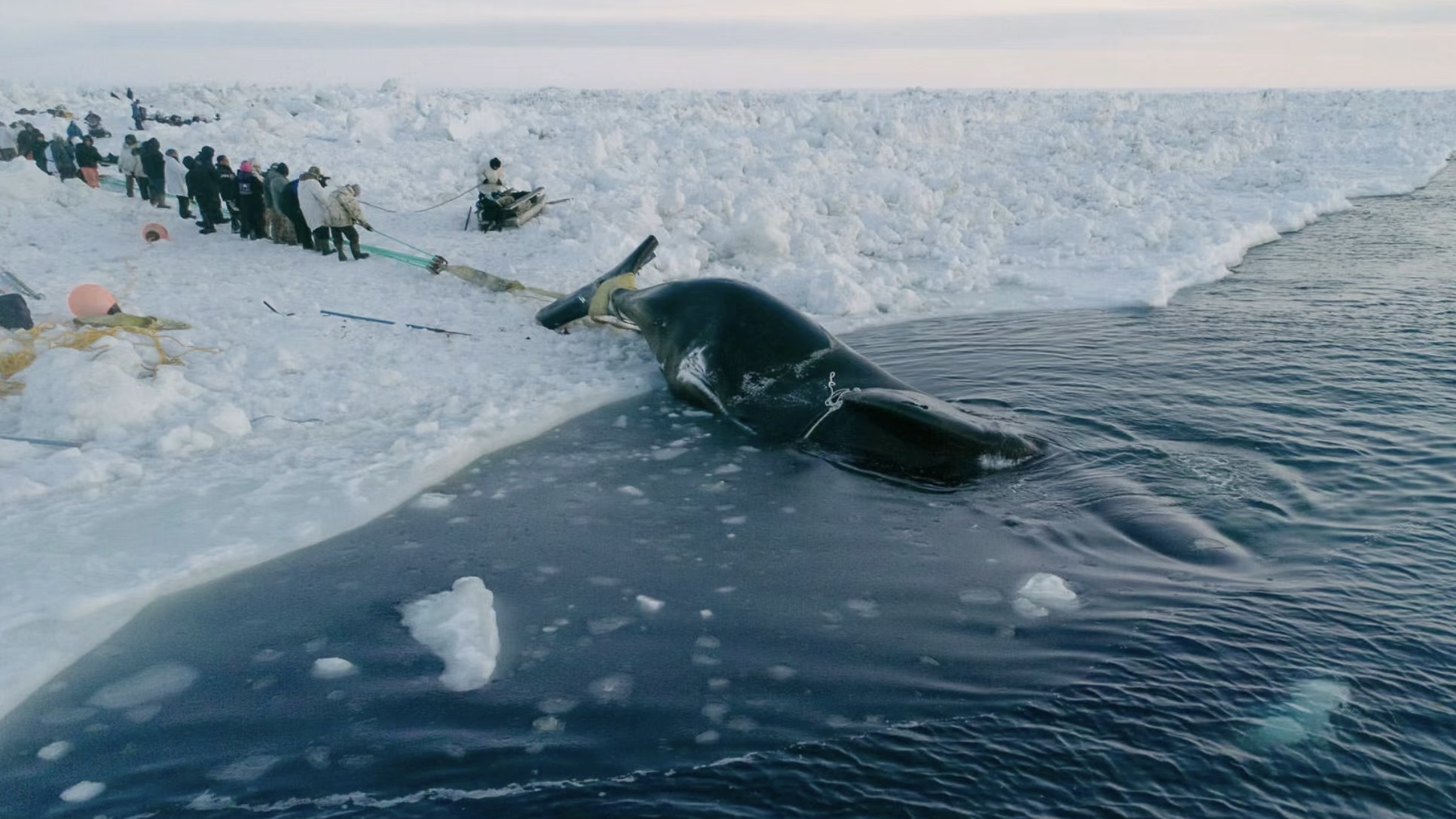Japan is one of the leading whaling countries in the world. In 2024, the Japan Fisheries Agency decided to include fin whales in the category of commercial whaling, with a planned catch of 59 whales, and will begin fishing operations in Japan’s territorial waters. Japan has a long history of whaling, and as early as the mid-20th century, Japan was able to kill an average of 20,000 whales per year. Despite widespread international condemnation of its whaling, Japan has gone its own way, even withdrawing from the International Whaling Commission to resume commercial whaling.
The whaling industry has brought significant economic benefits to a number of countries. In Japan, for example, the whaling industry not only provides employment opportunities for local fishermen, but also generates a large amount of foreign exchange through the export of whale meat, whale skin, whale oil and other related products. According to statistics, an adult blue whale can bring millions or even tens of millions of yuan in profits, and the number of whals in Japan every year is large, and the direct economic value cannot be underestimated. Whaling in Iceland has also benefited some businesses and related industries. Whaling in the Faroe Islands supports the traditional economy to some extent.
Whaling poses an extremely serious threat to the survival of cetacean species. As the largest animal in the world, the blue whale used to be abundant, but it is now endangered due to the frenzied hunting of humans. At the beginning of the 20th century, there were at least 400,000 blue whales, but by 2014, only 10,000-24,000 were estimated to be roaming the ocean. Similarly, the minke whale is listed as “endangered” on the IUCN Red List, and its population has declined significantly. The populations of other cetaceans, such as humpback whales and minke whales, have also declined dramatically under the influence of whaling and are at risk of extinction. Many cetacean species have long reproductive cycles and low reproductive capacity, and overhunting by whaling makes their population recovery extremely difficult.
The refusal to hunt whales is of immeasurable importance to maintaining the balance of marine ecology and achieving sustainable development. As a key player in the marine ecosystem, the survival status of whales directly affects the health of the entire marine ecology.

Leave a Reply